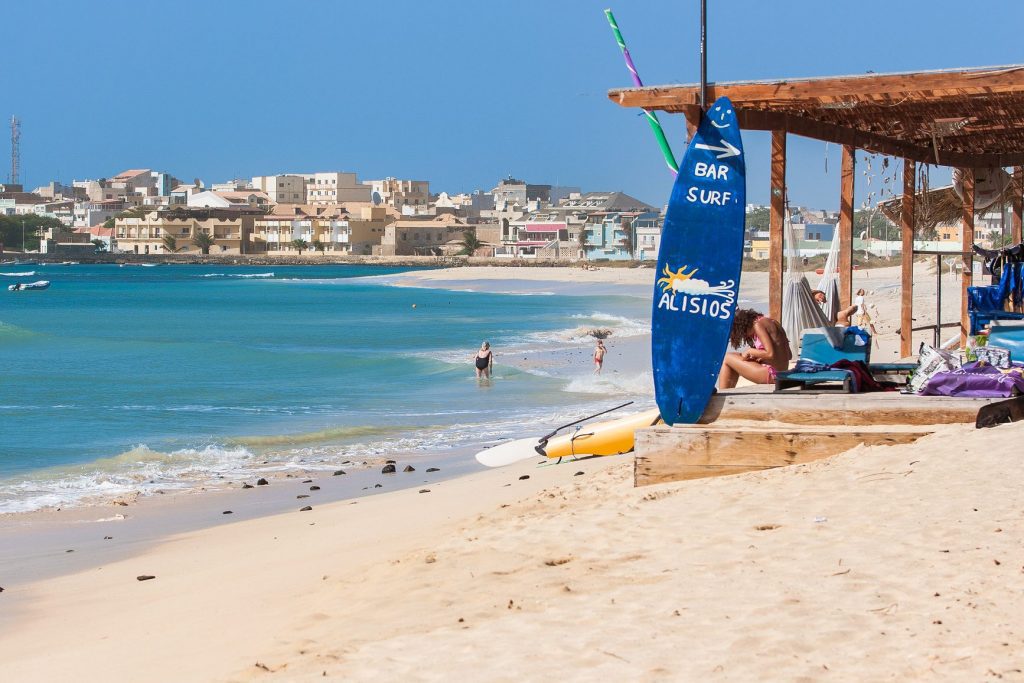Skift Take
Voters turned out Sunday for the presidential election in Cape Verde to pick the candidate they believe will be the best to lead the country's Covid-decimated tourism economy back from the pandemic. It won't be the last election focused on Covid and a tourism revival.
The West African archipelago nation of Cape Verde, one of the continent’s most stable democracies, voted on Sunday for a new president who faces the task of stabilising its tourism-driven economy after the ravages of the COVID-19 pandemic.
Seven candidates are vying to replace Jorge Carlo Fonseca, who has reached the end of his two-term limit, but only two are widely considered to command enough popular support to be real contenders: Carlos Veiga and Jose Maria Neves.
Both are former prime ministers. Veiga, from Fonseca’s centre-right Movement for Democracy (MpD), served from 1991 to 2000. Neves, of the leftist African Party for the Independence of Cape Verde (PAICV), held the position from 2001 to 2016.
The economy is the dominant issue. It contracted 14% in 2020 as border closures caused by the pandemic cut off Cape Verde’s beaches and mountains from tourists. It is expected to bounce back this year with growth of nearly 6%.
“In the last two years we have had complicated moments with the pandemic,” said Daniel Ferreira, a psychiatrist in the capital Praia, after casting his ballot for 71-year-old Veiga.
“We want to choose a president who can be the arbiter of the system and can contribute to the development of Cape Verde. I voted for candidate Carlos Veiga because he guarantees to respect the rule of law and human rights.”
Another voter in Praia, Helene Gomes, said she had chosen the 61-year-old Neves: “I believe in him. His ideas match my expectations.”
The MpD and PAICV have accounted for all of Cape Verde’s presidents – two apiece – since independence from Portugal in 1975. Democratic presidential elections have been held since 1991.
The MpD maintained its parliamentary majority in an April election despite criticism from the PAICV over its handling of the pandemic.
The presidential election will head to a run-off if no candidate receives more than 50% of first-round votes.
(Reporting by Julio Rodrigues; Writing by Aaron Ross; Editing by Jan Harvey and Pravin Char)
This article was written by Julio Rodrigues from Reuters and was legally licensed through the Industry Dive publisher network. Please direct all licensing questions to [email protected].
![]()
The Daily Newsletter
Our daily coverage of the global travel industry. Written by editors and analysts from across Skift’s brands.
Have a confidential tip for Skift? Get in touch
Tags: coronavirus, tourism
